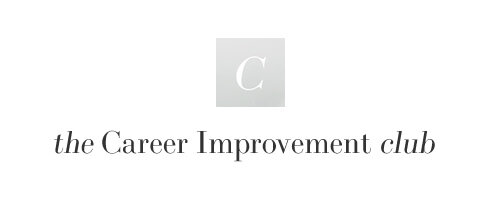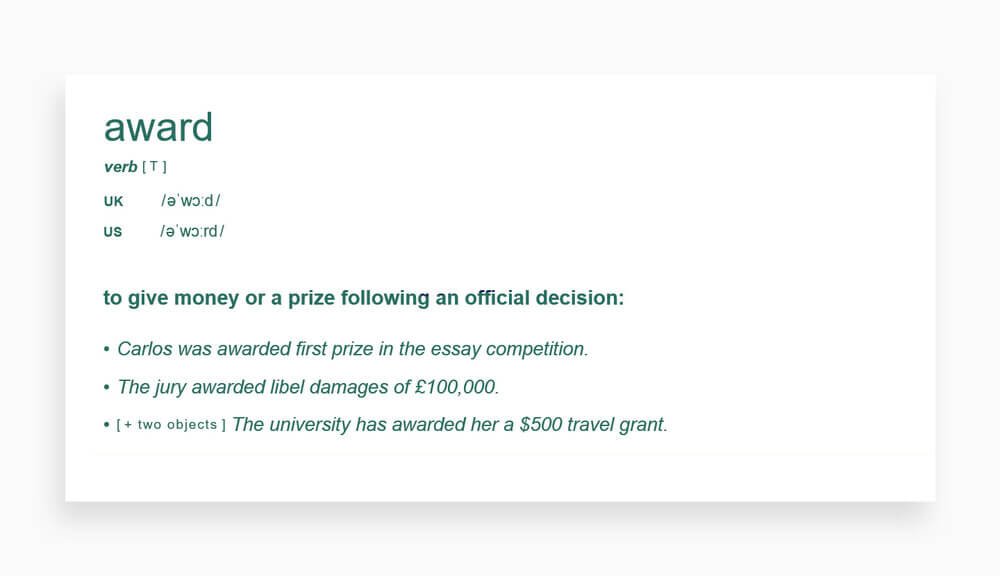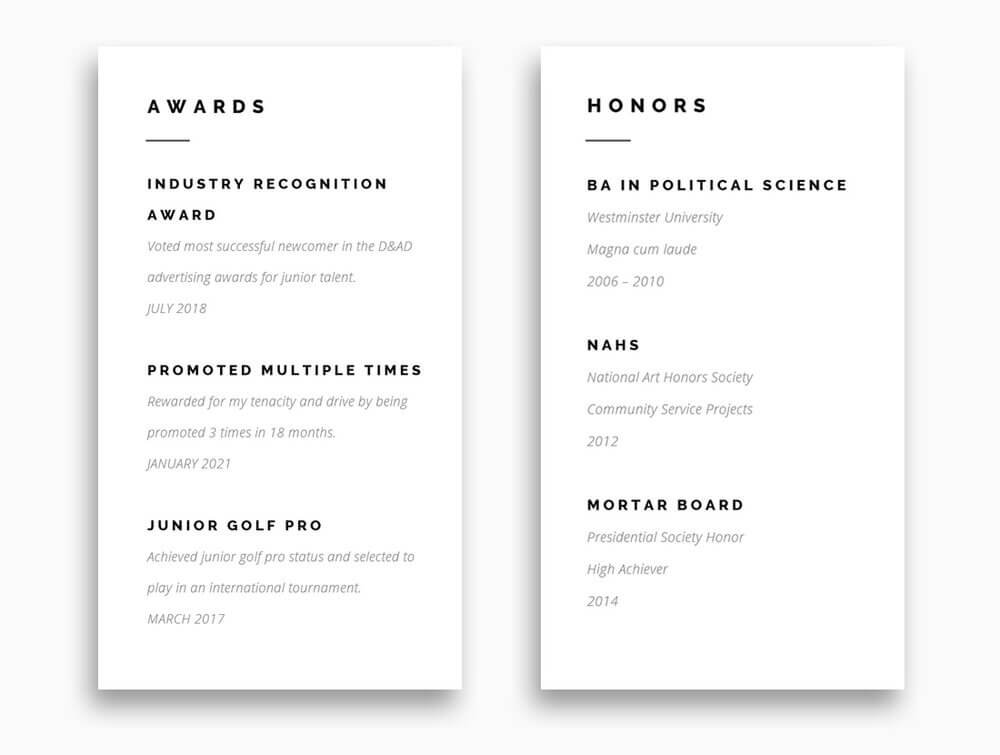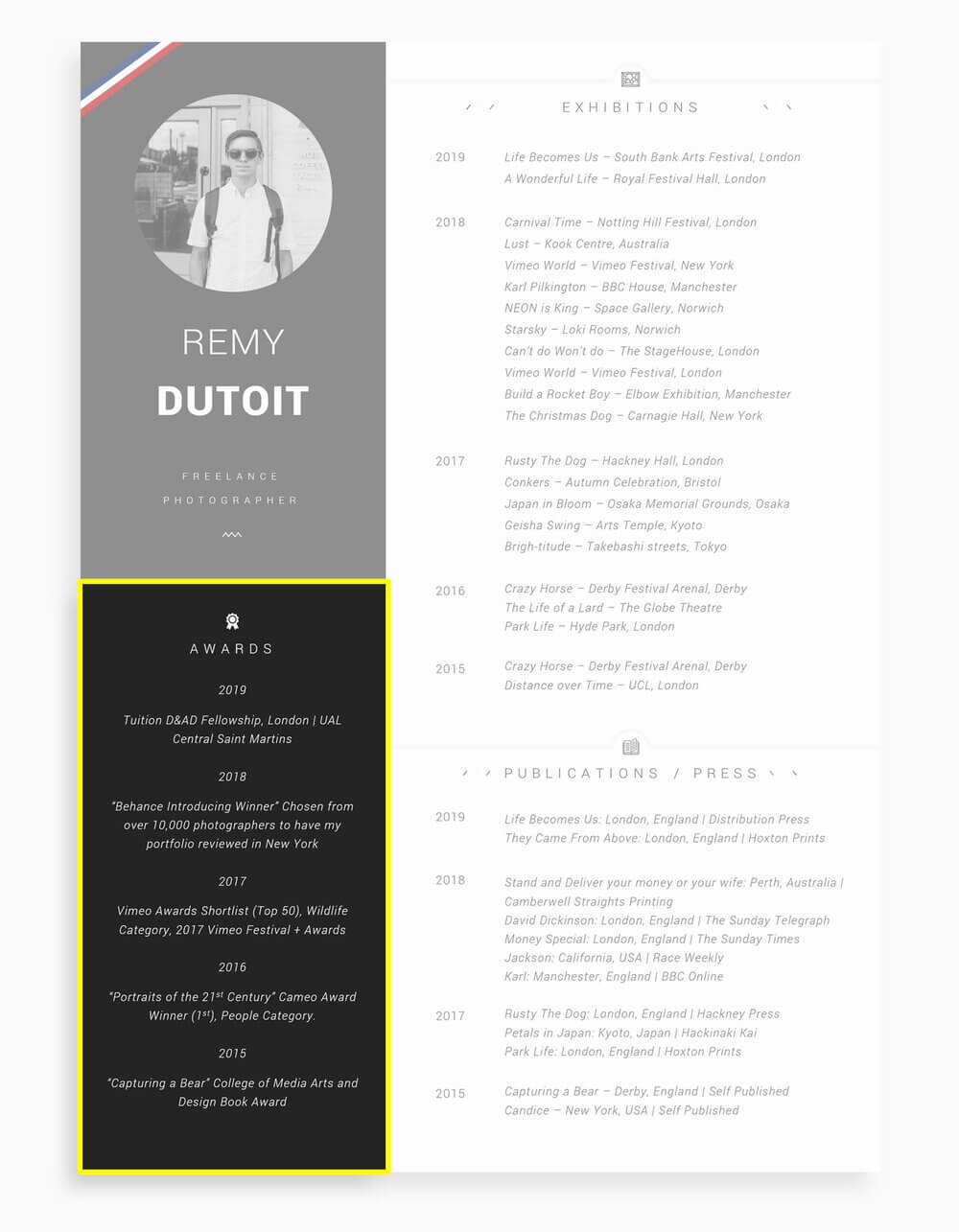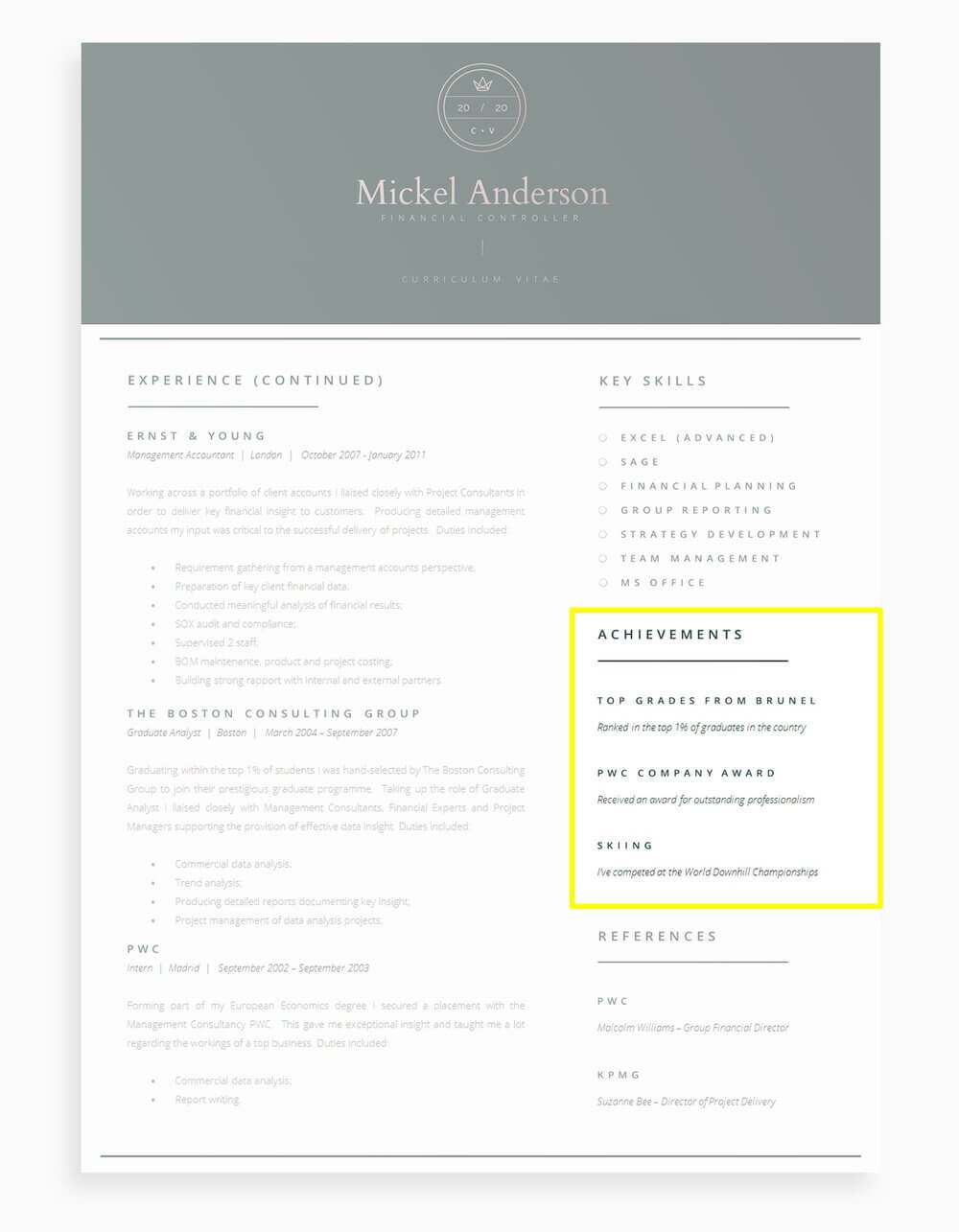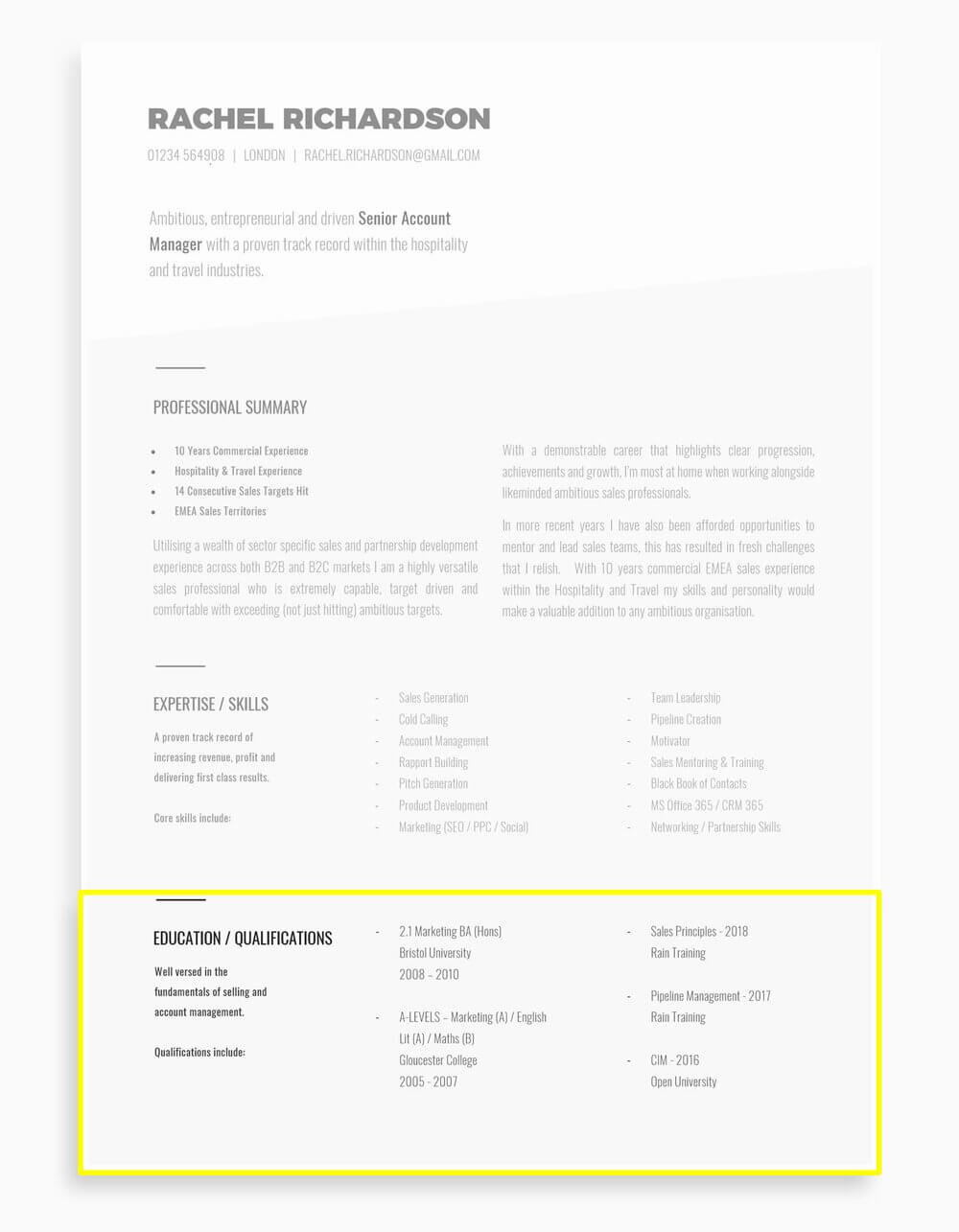Your resume should be the perfect blend of work experience and accomplishments with the sole purpose to land you that job interview. Sometimes, people sell themselves short by failing to list their awards on their resume, for fear of appearing unprofessional, or that the awards are not relevant and don't really matter. Incorrect!
Awards absolutely do matter, it gives you a chance to differentiate yourself and showcase your achievements - even if they do not directly relate to the positions you are applying for future employers should see them. Plus, you have worked hard for that recognition, and should proudly display it for others to see.
However, it is important to keep in mind that there is a right and a wrong way to display your awards on your resume. This article will go into detail on how to display your awards on your resume to help you stand out from the crowd!
Is it Important to List Awards on your Resume?
Yes, awards should be listed on your resume to highlight to future employers the work that you’ve done and how it is recognised by others. Showing examples of ways you stand out from your peers can have a significant impact on your resume and how it appears to employers.
If awards are directly related to your position, such as Sales Rep of the Year, and you’re applying for another Sales Representative position, those should be priority on your awards list. However, don’t shun indirectly related awards, either.
Even if you won an award such as a "Customer Service Award" or a “Teamwork Award” this shows that you work well with others, and take pride in your work. Remember, when employers see this information, it helps to draw attention to your personality and soft skills which in-turn paint a picture of how you might fit in as an employee.
Honors vs. Awards
It is important to distinguish the difference between honors and awards. Honors can be thought of as graduate honors, such as Magna Cum Laude, Summa Cum Laude or National Honor Society. Awards are usually given for “the best” in a category or group.
Whether you are a graduate student applying for your first job, or a seasoned professional with 15 years of experience, it’s important to list awards and honors relevantly on your resume. Make sure your Awards section is only full of awards, and save your honors for a different section.
Notice in the Honors and Awards Example below how the industry and personal related achievements are featured under the awards, whilst the educational honors are grouped under a separate header.
Example taken from the following professional resume
What Kind of Awards Should I List on my Resume?
Depending on where you are in your career, you should list certain awards on your resume. For example, if you have many years of experience in your field, it may not be as relevant to list awards you received in high school.
Working professionals should list awards that are specific to their career first in the list. This may be awards from previous companies, such as top-ranking awards amongst your peers, Employee of the Month awards, or accomplishments that reflect traits such as teamwork, perseverance, or going above and beyond.
However, if you are someone new to a career, you should use what you have to prop up your resume against the competition. If your awards are for being recognized by staff at your place of academia, or for academic awards, those should absolutely appear on your resume.
As you gain years of experience in your field, and hopefully more work related awards, you can move those towards the top of your list.
It isn’t necessary to list your awards or honors in chronological order, the most relevant first is always best.
Should I list Awards on my Resume that are not Academic or Professional?
If you have awards that are not academic or professional, those can be included on your resume, as well. Maybe you won an award with a volunteer organization you contribute time towards monthly or yearly, or maybe it’s an award for a mentor position you’ve taken on.
These awards are just as important because they show you are involved in your community. People that appear well rounded on their resume often get a second look for an interview. Employers want someone who can work well with others and can contribute to the larger ecosystem of the company.
These awards speak to the larger skill set that employers crave but cannot teach themselves, and usually tend to display personalities that others appreciate working with, as well. If organisations in the community think highly enough of you to present an award, it’s evidence that you have skills they want.
However, you should use a little discretion in this area. If you have awards such as a football team that won first place in a community tournament, that may not be something you want to put on your professional resume.
This doesn’t mean you cannot call out athletic achievements such as “Athlete of the Year” or other awards, but make sure it displays traits or qualities that help your personality and workmanship to stand out.
How Should I List Awards on my Resume?
Awards should have their own section on your resume. There is specific information you want to display about your award. Remember, not all who see your resume will understand the importance of the award, so it’s your job to communicate why in order to help you rise above the rest.
In order to help the employer or recruiter understand what makes the award worth mentioning, make sure you include a variety of information regarding the award, but tactfully and succinctly. You do not need to take up too much valuable real estate on your resume going into too much detail.
The left or right hand side of a traditional 2 column resume lends itself perfectly to the position for where awards go. If you are have high achievements you may wish to put the on the first page, otherwise further down the resume is fine. Below are a couple of examples of how we’ve featured awards on our resume templates, notice the header on the second example uses “Achievements” rather than awards, go with the terminology you are most comfortable with.
Example Resume shown is the following Freelancer Resume
Example resume shown is from the following Finance Resume
The final example is slightly different and lends itself nicely for showcasing achievements in a resume for students. We’ve covered student CV writing in depth but the following is a nice way to list honors under the education heading whilst still giving it room in its own right.
Example resume shown is from the following Professional Resume
Names, Dates, Achievements!
LIST THE NAME AND THE YEAR OF THE AWARD
The award should be displayed clearly and without any typos. You can also use bold text for this, as well. Also include how frequently this award is given, such as weekly, monthly or quarterly.
WHY THE AWARD WAS GIVEN
You may also want to include why this award was given. This may be whether it was “To recognise excellent leadership for 2021” or “Top Performing Sales Rep for March”, but you want to ensure the reason for the award is clear, as well. Some awards are self explanatory others might just need some further detail.
WEIGHING UP THE COMPETITION
Listing the size of the competition pool in your description of the award highlights to an employer the amount of people you were up against - let them know how big a deal the award really is. Was this an internal departmental award, an award given to one person from your university or a nationwide achievement competed for by thousands.
The size of a competition can help hammer home how valuable you really are! If you won an award from a large candidate pool, it can help your profile jump out that little bit more in the crowded resume pile.
Summary
Listing awards on your resume is a great way to highlight accomplishments or traits that help to contribute to your overall competitiveness as a candidate. Your goal is to stand out in a positive way, and awards can help you do just that.
And, if you have questions about whether your awards should be included, please contact me here or reach out on LinkedIn - I’d love to help!
//
